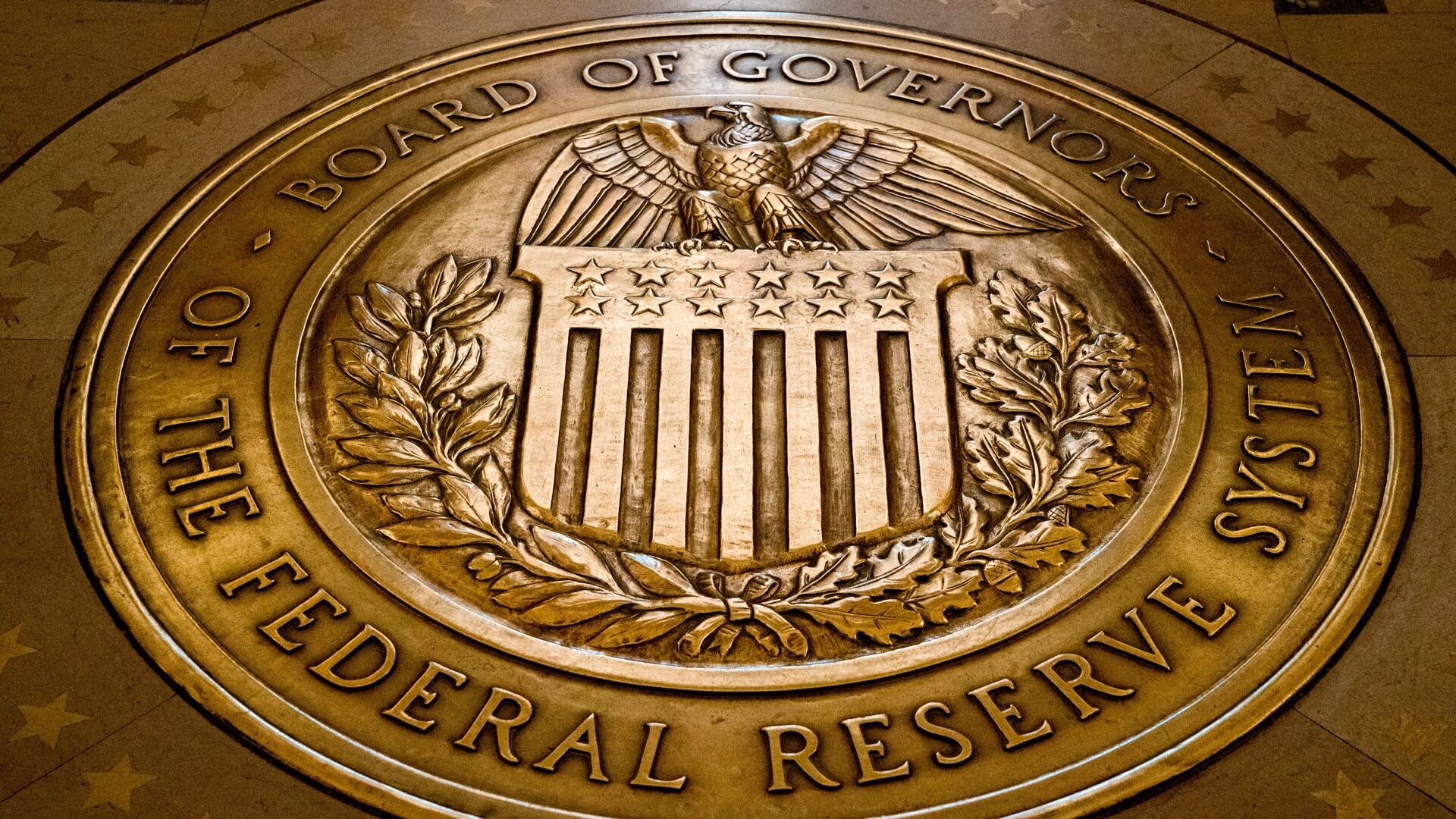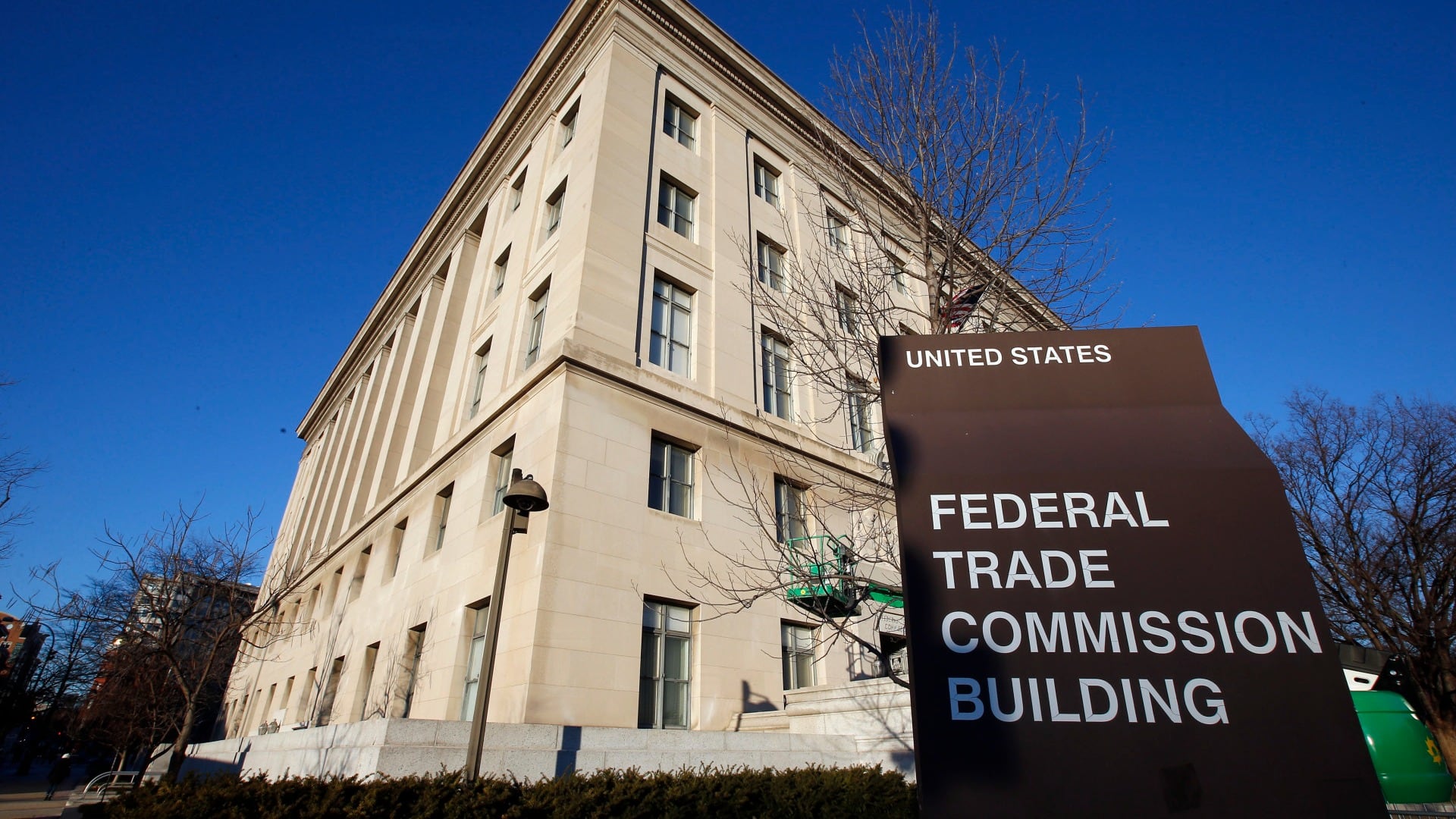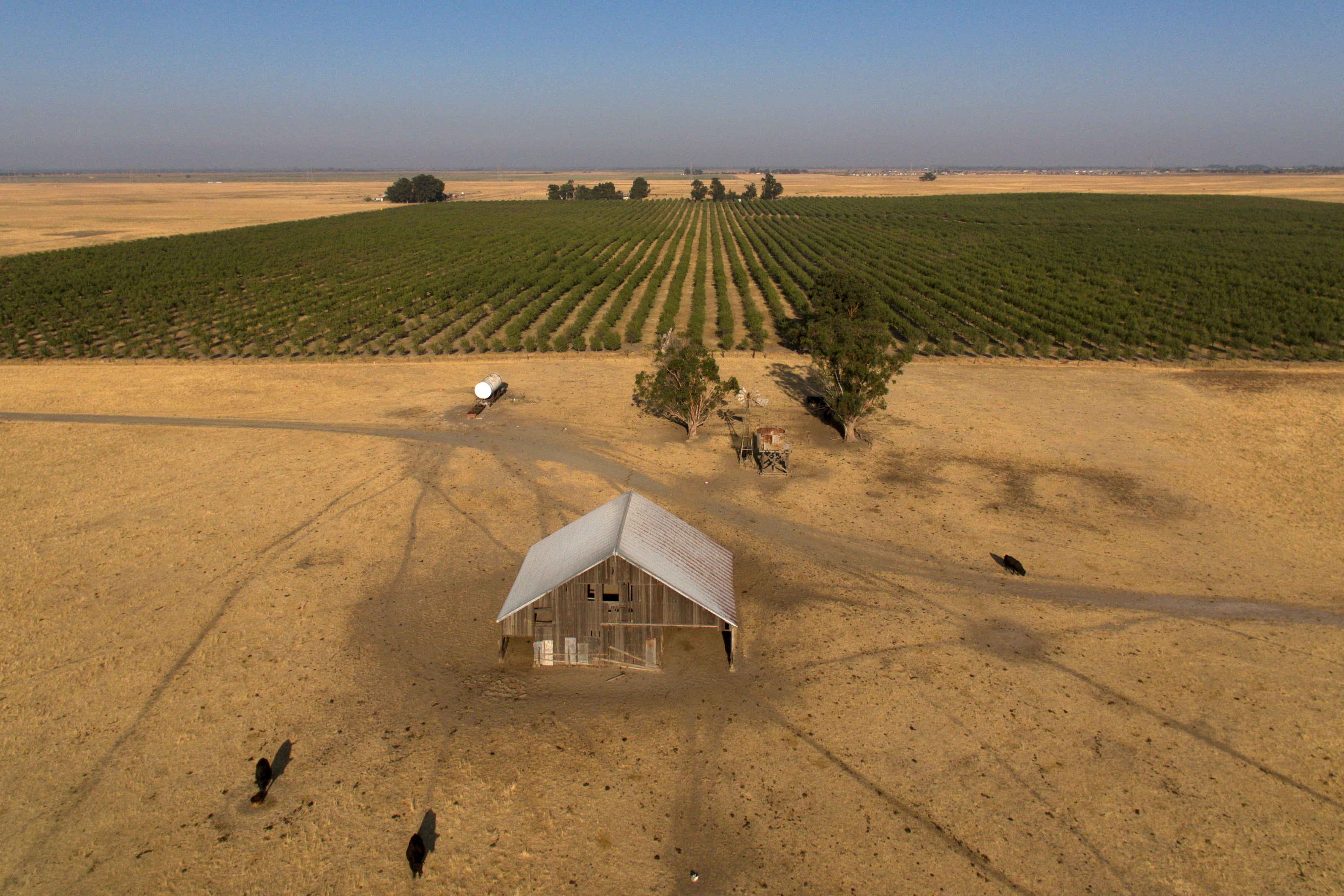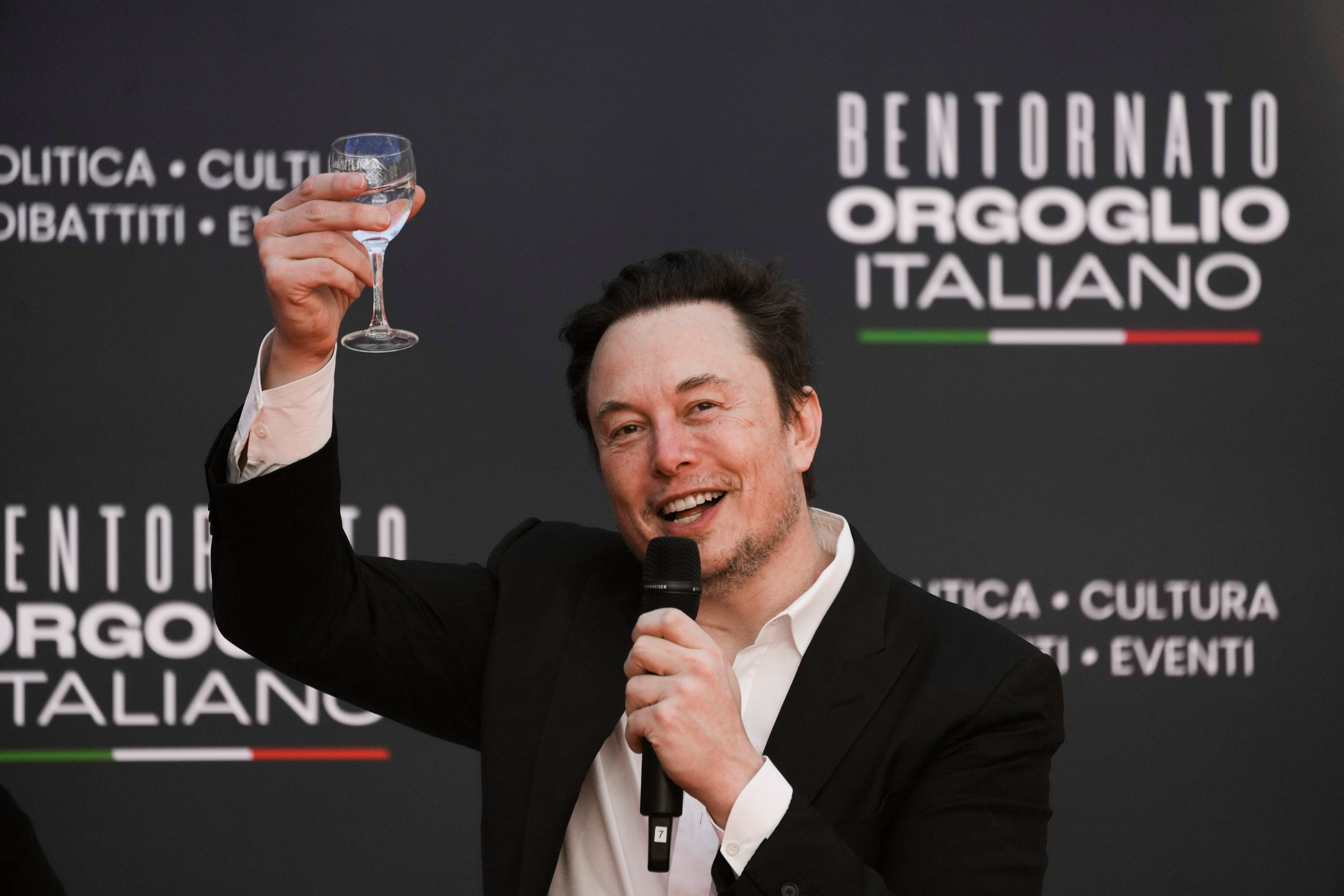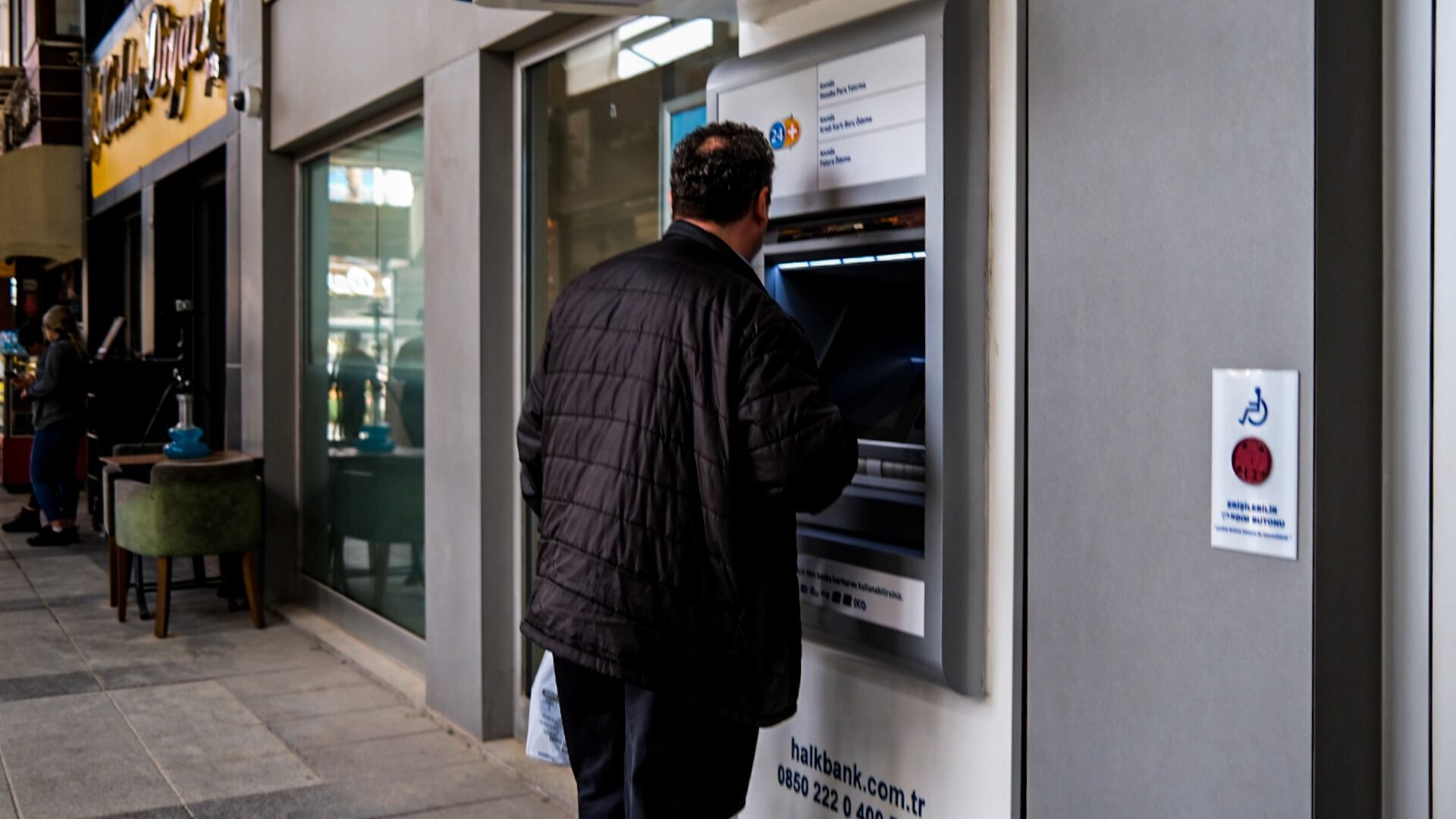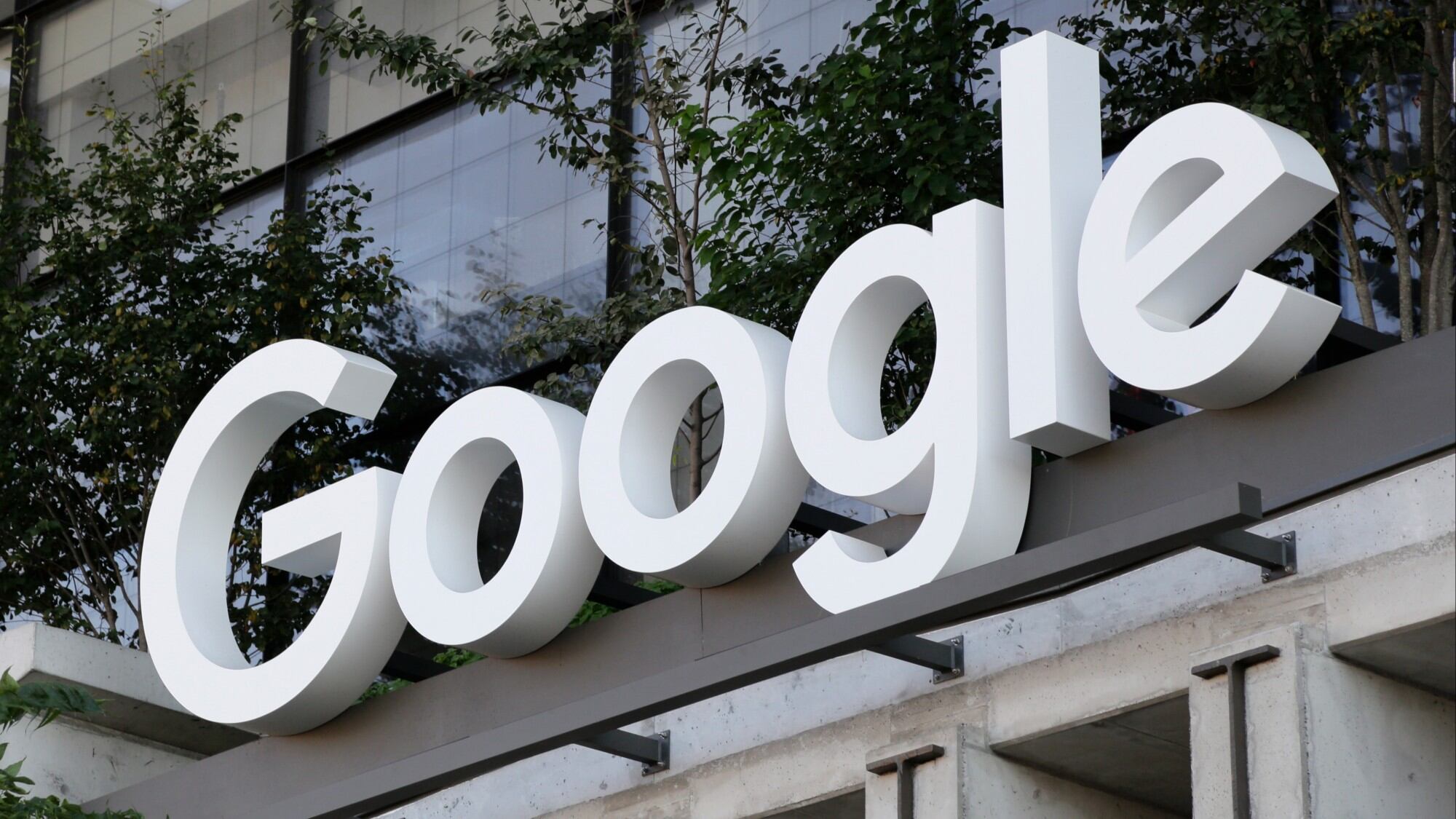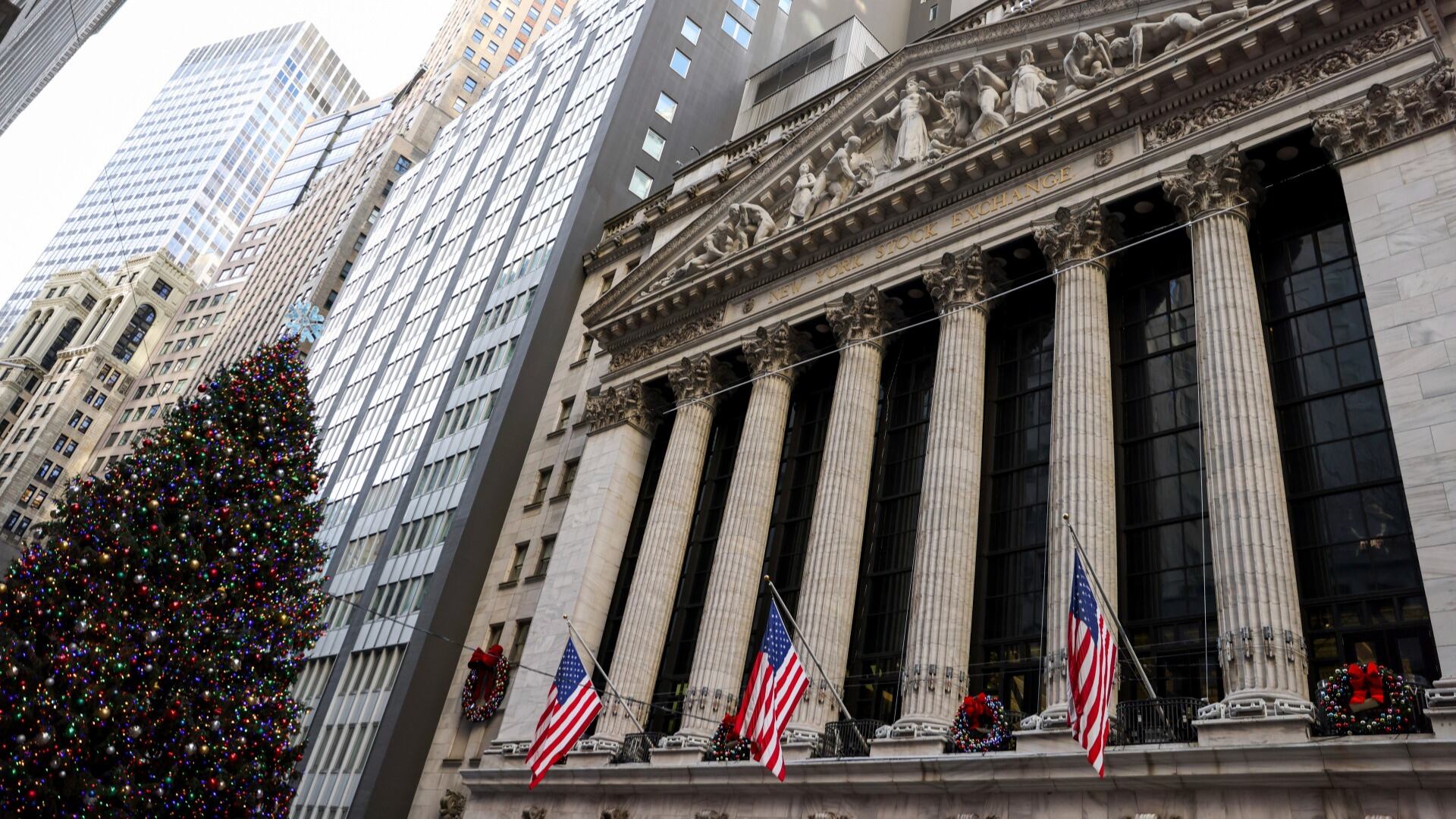The Federal Reserve on Wednesday raised its benchmark interest rate a quarter percentage point. This is the second 25-basis point hike since the beginning of the tightening cycle that the Fed kicked off last year amid a 40-year high in inflation.
Given widespread uncertainty in the banking sector following the collapse of Silicon Valley Bank, some were expecting the Fed to hold off on hiking rates at this meeting.
Fed Chair Jerome Powell said this option was considered in the days leading up to the Federal Open Market Committee (FOMC) meeting, but recent signs of strength in the U.S. economy pushed the Fed to go ahead with the increase. "Inflation has moderated somewhat since the middle of last year, but the strength of these recent readings indicates that inflation pressures continue to run high," he said.
Powell again stressed that a tight labor market is behind continued price pressures.
The FOMC statement also recognized the banking crisis, but said the "U.S. banking system is sound and resilient." Powell, meanwhile, said "ample liquidity" is available in the sector, due to the Fed opening the discount window and launching a new credit facility for ailing banks.
“Deposit flows in the banking system have stabilized over the last week,” he said, though the collapses are "likely to result in tighter credit conditions for households and business, which would in turn result affect economic outcomes."
In addition, Powell said the Fed is working to figure out what went wrong and explore what kinds of regulatory improvements could be made to avoid future crises.
"My only interest is that we identify what went wrong here," he said. "It would be inappropriate for me at this stage to offer my view on what the answers might be."
The increase brings the benchmark rate to a target range between 4.75 and 5 percent.
The central bank's latest rate projections show that a majority of Fed officials still expect a peak rate of 5.1 percent, meaning they anticipate just one more rate hike.
The Fed is also projecting that inflation will come within the 2 percent target range by 2025, though Powell said "the process of getting inflation back down to 2 percent has a long way to go and is likely to be bumpy.”
The immediate reaction on Wall Street was positive, with the S&P 500, Nasdaq Composite, and Dow Jones Industrial rising.
